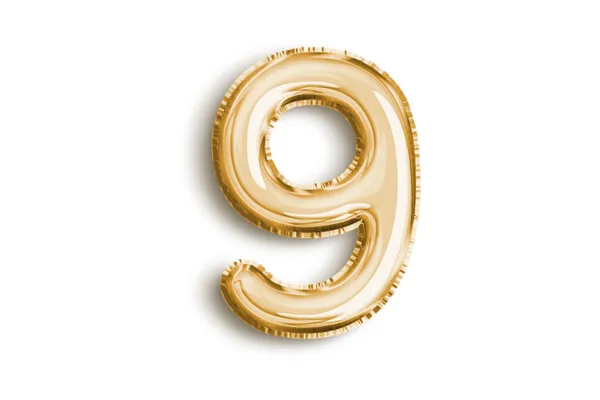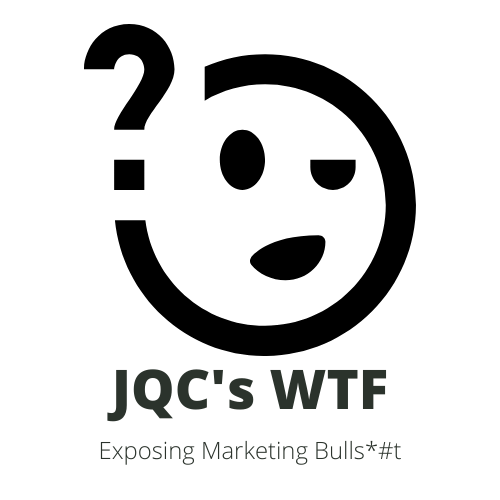
9 Effective Marketing Channels for Small Businesses
There are a lot of different places a small business can market, but not all are created equal or are appropriate for every business. Certain businesses tend to thrive on certain platforms and should probably avoid others.
80% of all marketing budgets are wasted on marketing that drives no value to the business.
This guide will help you understand which platforms you should be using, and which you should avoid.
1. Facebook & Instagram - This is a no brainer for most small businesses, as the majority of consumers can be found on these platforms. Organic content and paid advertising can both be highly effective in reaching your target audience.
Some notes on doing it right:
Organic is harder than paid by order of magnitude.
Even Apple, with their nearly unlimited marketing budget, decided organic marketing on Facebook and Instagram wasn't worth the time or effort.
For paid, you want to make sure your content is emotionally engaging. People scroll through Facebook looking for something that triggers whatever emotion they're looking for (love, cute aggression, lust, humor, arguing online, whatever). If you want your ads to get clicked, make them trigger an emotion.
2. Google Ads - While not a social media platform, Google ads should definitely be part of your marketing strategy. You have the ability to target specific keywords or demographics, giving you control over who sees your ad. Plus, it drives traffic directly to your website, where potential customers can learn more about your business and potentially make a purchase.
Some notes on doing it right:
The key to Google Ads is a good value proposition.
What's a value proposition?
Ask yourself what problem you're solving for your customers, and offer them that. You don't sell products or services, you sell solutions to problems. If all you sell are products and services, you're just like everyone else and will trade the business coming in equally. But sell a solution better than your competition, and you'll get the business.
3. SEO & Content Marketing - Creating valuable content that is optimized for search engines can bring organic traffic to your website from people actively searching for the products or services you offer. It takes time to see the results, but it can be worth it in the long run.
Some notes on doing it right:
Coming up with content isn't hard.
Coming up with good content is harder.
Coming up with good content consistently is really hard.
The key to content marketing and SEO is coming up with good content consistently.
4. Email Marketing - Sending newsletters or campaigns directly to your current customer base is a great way to stay top of mind and drive repeat business. Plus, it's much cheaper than other forms of advertising.
Some notes on doing it right:
Email was the first social media channel, even when it was just pen and paper. It was 1:1 communication between friends.
It is not a broadcast medium.
Use email and pretend like each recipient is a long-time friend you're writing a letter to. Tell stories, write jokes, make it engaging.
No one wants your newsletter.
5. Direct Mail - While not as popular as it used to be, direct mail can still be a powerful marketing tool for small businesses targeting a local audience. Sending flyers or postcards can generate interest and drive foot traffic to your store or website.
Some notes on doing it right:
It's on the list... but. Look, do this if everything digital doesn't work, or if you live in a part of the world without internet.
Make this last.
And if you do it, mail something that's oddly colored and shaped so people can't throw it away with the rest of the junk mail.
6. TikTok Ads - This platform has been blowing up lately, so why not jump on the bandwagon? With the ability to target specific demographics and create fun, engaging ads, TikTok can be a great way to reach a younger audience.
Some notes on doing it right:
It's the hardest platform if you don't know what you're doing, and one of the easiest if you do.
Tiktok requires quality content. You can't get away with "just post something" like you can with other platform. If you "just post something" you're going to find out very quickly that no one likes you.
Research your audience and strategize your approach. Be engaging. Test approaches. Say something interesting. Get to the point. Be expressive.
7. NextDoor - This platform is often overlooked by small businesses, but it can be an effective tool for local service companies targeting their immediate community. People trust the recommendations of their neighbors, making this a valuable marketing channel.
Some notes on doing it right:
If you're a local service, give it a try.
It's a relatively simple platform, so make sure you're properly setting up tracking so you know if it's working or not. If you don't know how to set up a tracking environment, hire someone who does or just skip it.
8. Pinterest - Ecommerce businesses should definitely consider using Pinterest as part of their marketing strategy. It's primarily used by women, so if your target audience is mainly female, this could be a great opportunity to drive traffic to your online store and make sales.
Some notes on doing it right:
It's all about the photography here. High quality, visually engaging photos that stand out from the crowd. If you don't have a keen eye for product photography, hire someone who does.
9. Word-of-Mouth - Don't forget about the power of word-of-mouth marketing! Providing excellent service and ultimately creating a positive experience for your customers can lead to them recommending your business to friends and family. Encourage happy customers to leave reviews on your social media pages or Google listing, as potential customers often look at these before making a decision.
Some notes on doing it right:
What's the best way to get a referral? Ask for it.
Choosing the right marketing channels can make all the difference in the success of your small business. Don't spread yourself too thin by trying to utilize every platform out there - focus on the ones that will work best for you and bring you the most value. And remember, sometimes it's not about having a huge budget for advertising, but rather being strategic in how you use it. Happy marketing!


